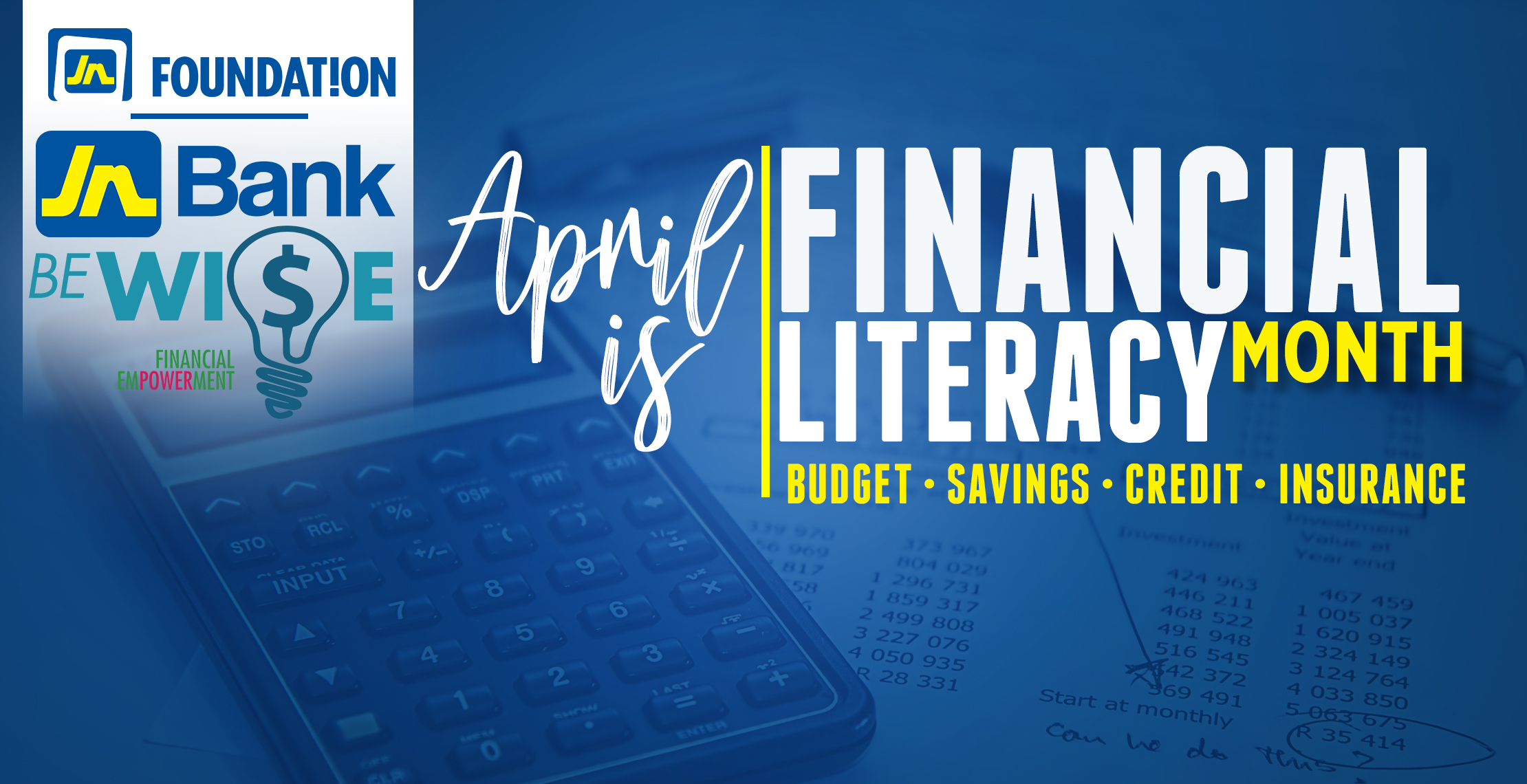For a recent graduate fresh out of university and in his or her first job, a credit card can be a a helpful financial tool, but only if used wisely and responsibly.
As Rose Miller, grants manager at the JN Foundation, and head of the JN BeWi$e financial empowerment programme advises, the key is to make consistent, on-time payments and avoid accumulated interest. That, she explains, boosts one’s credit rating.
“A credit card is an unsecured loan, which uses plastic. You can spend sums up to a pre-set credit limit, which might be a few, or several thousand dollars. It depends on how confident your card provider is that you’ll pay it back,” she explains.
She advises that the key to avoiding interest payments is to pay the full balance, on time, each billing cycle.
“Resist the temptation to spend more than you can pay for any given month, and you’ll enjoy the benefits of using a credit card without acquiring interest charges,” she says.
She also advises that credit cards should be used for “needs” and not “wants” and warns that, “Frivolous purchases can lead to unnecessary debt. It is also not a good idea to take cash advances against your credit card”.
“Credit cards should be used to cover normal expenses for which you have budgeted, as well as in emergency situations, such as illness or for car parts, if your vehicle unexpectedly breaks down. However, your aim should be to repay the amount as soon as you can, to decrease or avoid interest charges altogether,” Miller says.
She adds that card holders should never skip a payment.
“Pay your bill in full, on time every month. If that is not possible, rather than skipping, make the minimum payment if that is all you can afford. Missing a payment could result in a late fee, penalty interest rates and ultimately impact negatively on your credit rating,” she says.
To achieve maximum benefit from a credit card facility, she advises that in addition to avoiding interest payments, one should take advantage of the rewards offered such as discounts on purchases, including hotel and travel, food and drinks, beauty and spa, fashion as well as home-and-garden supplies.
Another aspect of responsible credit card use which she addresses is protection from credit card fraud.
“While there is no foolproof way to prevent all instances of credit card fraud and theft, understanding and adopting a few best practices can help to reduce your risk,” she points out.
She notes that one way to reduce risk is to use a card that offers additional security.
“There are credit cards available with an EMV chip which provides an additional layer of security. It’s more secure, because you cannot copy the chip. Each time the card is used for payment, the card chip creates a unique transaction code that cannot be used again,” she says.
Miller also advises that people should be generally wary of requests for personal card information, regardless of the source.
“Independently verify the legitimacy of those persons requesting your credit card number,” she counsels.




